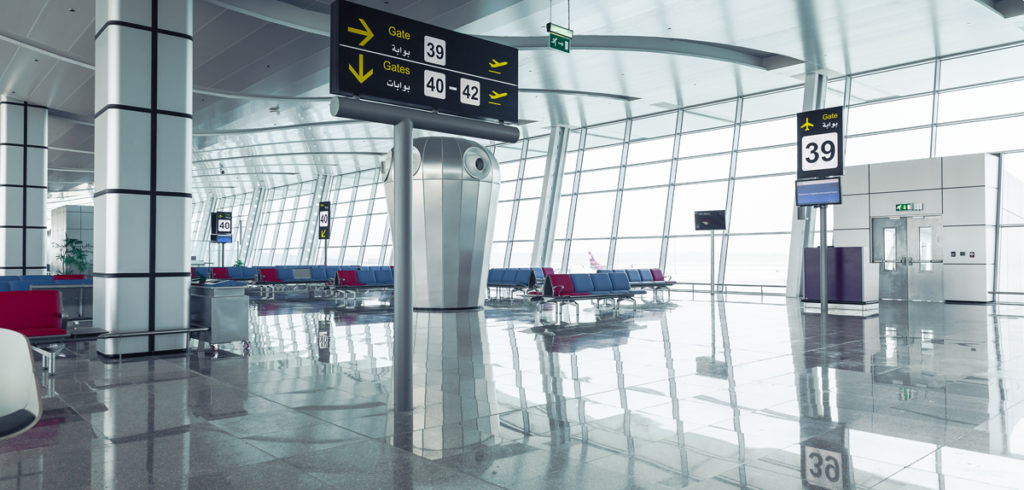Airports Council International (ACI) Asia-Pacific has warned that the prolonged duration of the COVID-19 outbreak will significantly set back the region’s airports.
According to ACI World estimates, Asia-Pacific is suffering the highest impact, with passenger traffic volumes down -24% for the first quarter of 2020, compared to forecasted traffic levels without COVID-19. Within the Asia-Pacific region, mainland China, Hong Kong SAR and the Republic of Korea remain at the center of the effects with sizable losses in traffic volumes.
A sharp spike in the number of COVID-19 cases in several countries in the Middle East is expected to significantly impact traffic downward by -4.2%, as travelers and airlines adjust their plans and seat offers in the coming days and weeks.
Airports’ aeronautical revenues and non-aeronautical revenues are experiencing similar declines. The ACI World Airport Traffic Forecasts 2019–2040 predicts US$12.4bn revenue for the first quarter in the Asia-Pacific region in the ‘business as usual’ scenario. The impact of COVID-19 is projected to result in a revenue loss of US$3bn.
The shortfall in the number of passengers and the cancellation of flights leads to reduced revenues from airport charges such as landing and parking charges paid by airlines, and passenger service and security charges paid by passengers. While aeronautical revenues are under pressure, the cost base for airport operations remains unchanged as airports can neither close nor relocate their terminals during the outbreak. Non-aeronautical sources of revenue usually serve as diversification of airport income streams, but they also provide an additional cushion during economic downturns.
“Unlike airlines, who can choose to cancel flights or relocate their aircraft to other markets to reduce operating costs, airport operators manage immovable assets that cannot be closed down. They are faced with immediate cashflow pressures with limited ability to reduce fixed costs and few resources to fund capacity expansion efforts for longer-term future growth,” said Stefano Baronci, director general of ACI Asia-Pacific. “For privately held airports, the situation is even worse as they do not benefit from relief measures, but are obliged to continue paying concession fees to governments.”
“The severity of the current situation requires close cooperation between airport operators and policy stakeholders to identify options to tackle the crisis. For continued regional prosperity, as all the long-term forecasts suggest, we have to consider the overall sustainability of the sector, starting with the shortage of airport capacity,” Baronci explained, going on to suggest that airports work with their main partners at a local level to explore relief measures and recovery plans that would incentivize the return to a normalized market.


